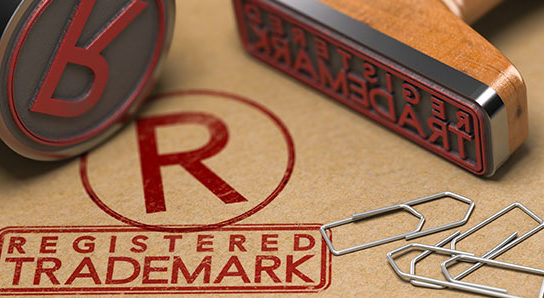Every Easter, chocolate bunnies of various shapes and sizes can be found in most grocery store. Some bunnies even sport a recognizable gold wrapper—including the Lindt gold bunny.
A German federal court recently ruled that Lindt & Spruengli’s gold bunny, specifically its golden shade of foil wrap, is a protected trademark.
The verdict comes after a battle between Switzerland’s Lindt and Germany’s Heilemann, who also marketed a chocolate bunny in gold foil in 2018. Lindt argued that trademark infringement on the gold color, which they acquired by use. Lindt further argued that Heilemann should be prevented from selling their gold-wrapped chocolate bunnies.
Earlier in the year, a German state court had ruled against Lindt. However, the federal court determined that Lindt did acquire trademark status by reputation. As part of the case, the Swiss company cited a survey showing 70% of respondents associated the gold hue with the Lindt gold bunny.
Lindt began selling their gold bunny in 1952 and with the current gold shade since 1994. Lindt has experienced varying success in protecting their gold bunny status. Lindt was unsuccessful in getting trademark protection for the shape of its chocolate bunny; however, the pivot of focusing on the gold wrapping appears to have been successful.
The case is now headed back to the German state court to decide if Heilemann’s infringement was willful.
Although this is a German case and does not necessarily take precedent here in the US, it is interesting. It reminds me of Two Pesos, Inc. v. Taco Cabana, Inc. in the early 1990s, where Taco Cabana, a place that those in New Mexico and Texas are very familiar with, sued Two Pesos for copying the design of their restaurants. Anyone who has ever been to Taco Cabano knows the distinctive styling and colors of the restaurant. The Supreme Court noted that trade dresses, “even if not registered, remain inherently capable of distinguishing the goods of the users of these marks.” The Court ruled in favor of Taco Cabana, holding that for claims under Section 43(a) of the Lanham Act, secondary meaning is not required to be shown to prevail in a situation where a trade dress at issue is inherently distinctive. Two Pesos was ordered to pay damages of $3.7 million.
Law 4 Small Business, P.C. (L4SB). A little law now can save a lot later. A Slingshot company.



